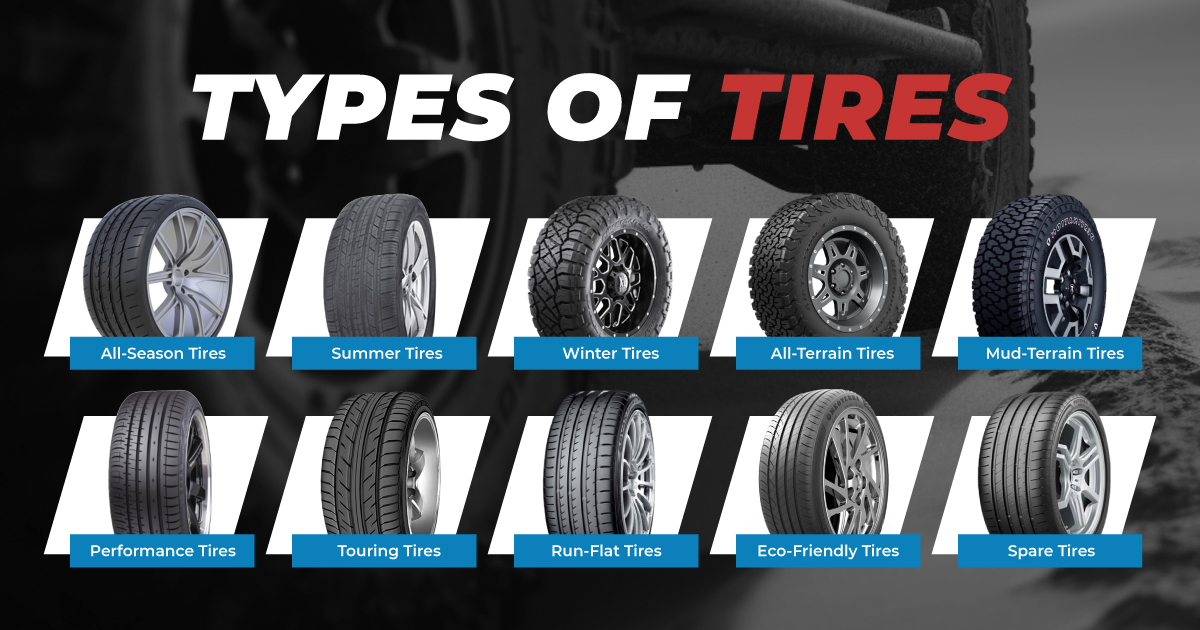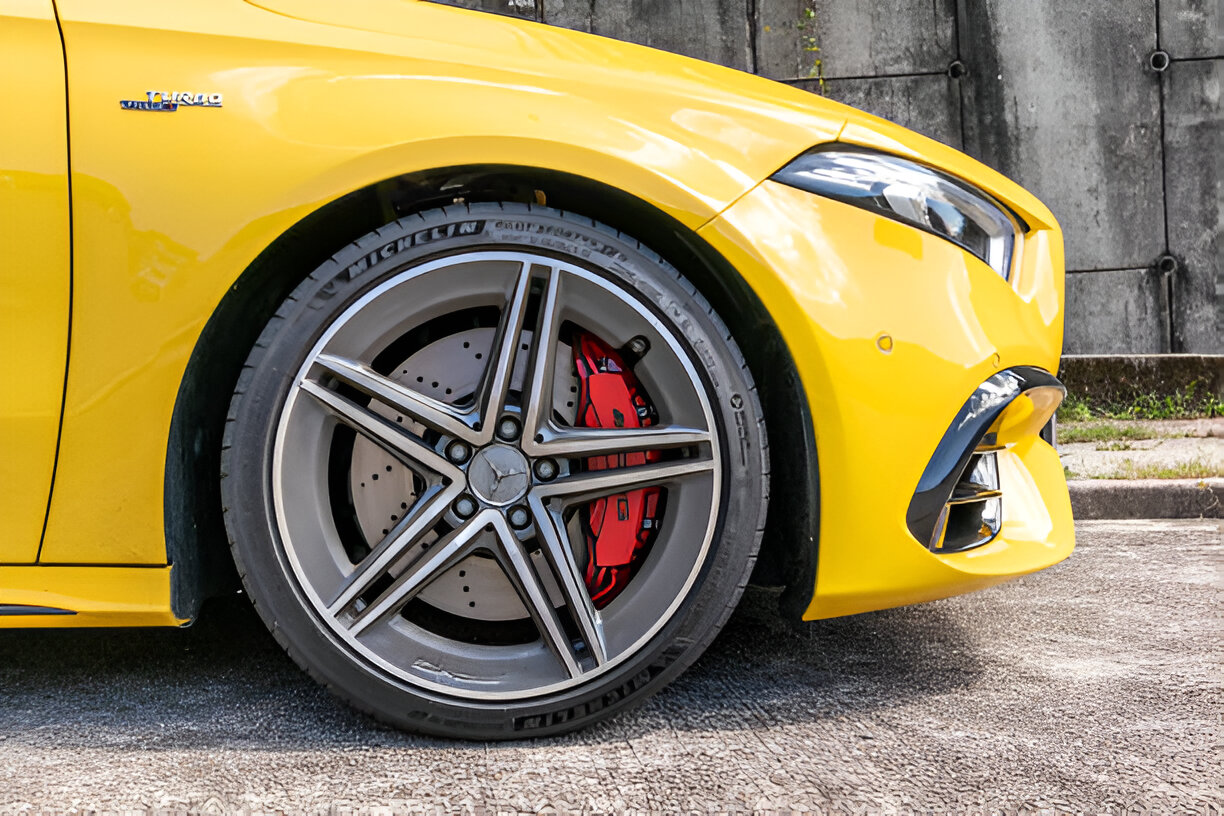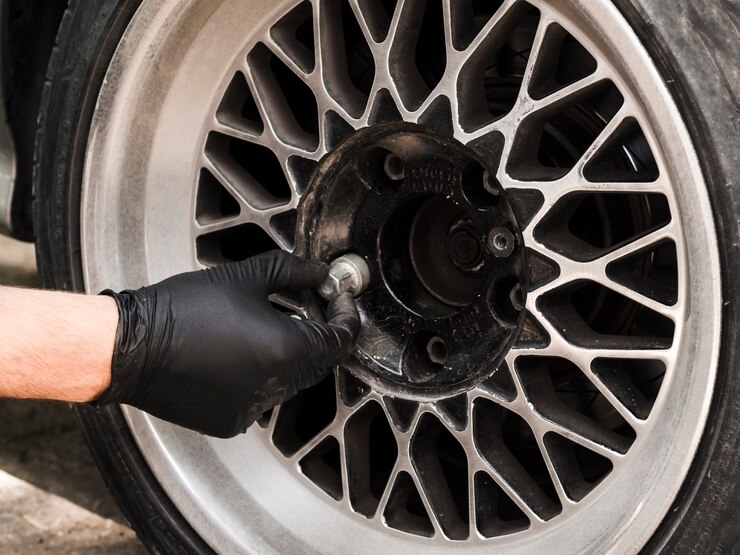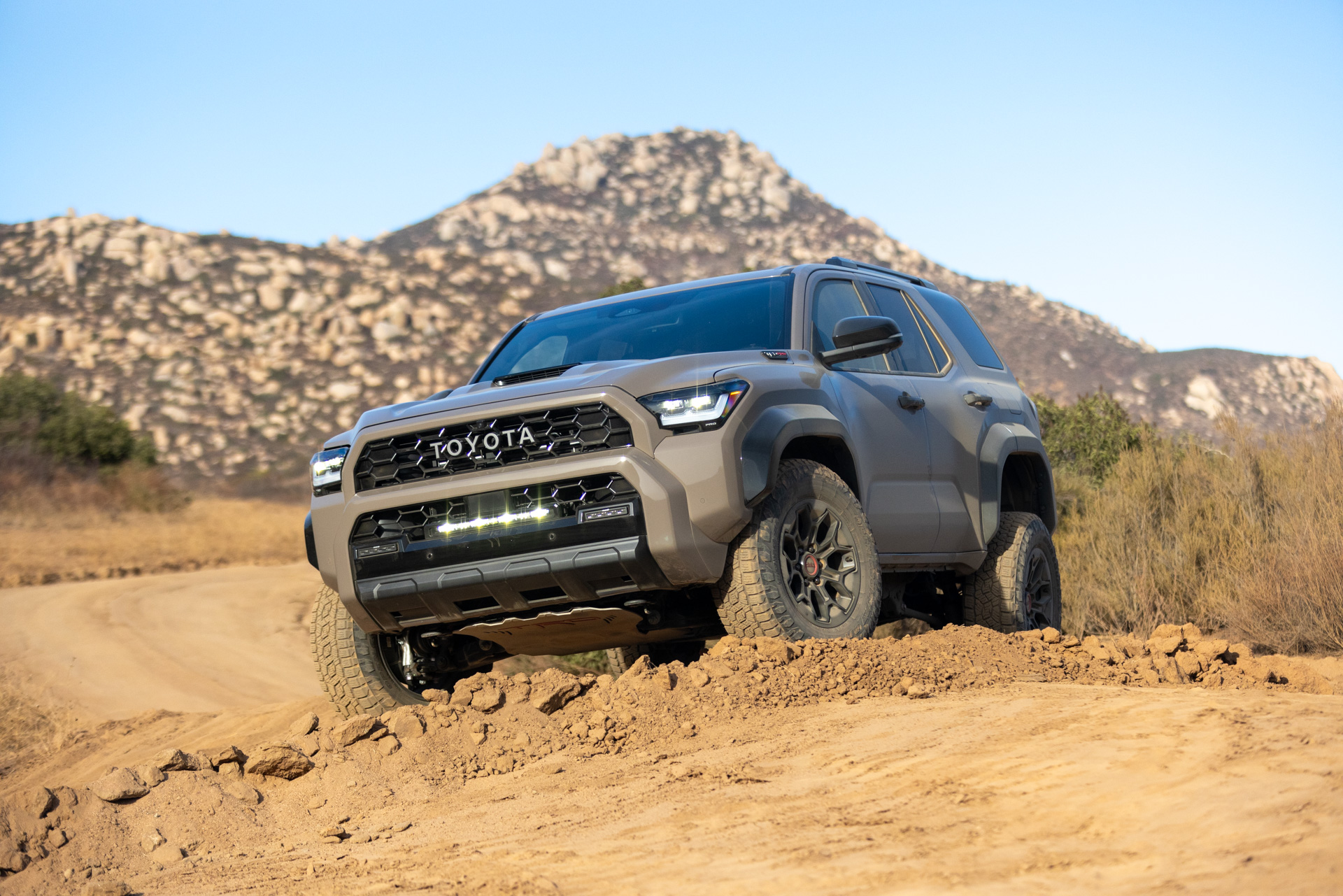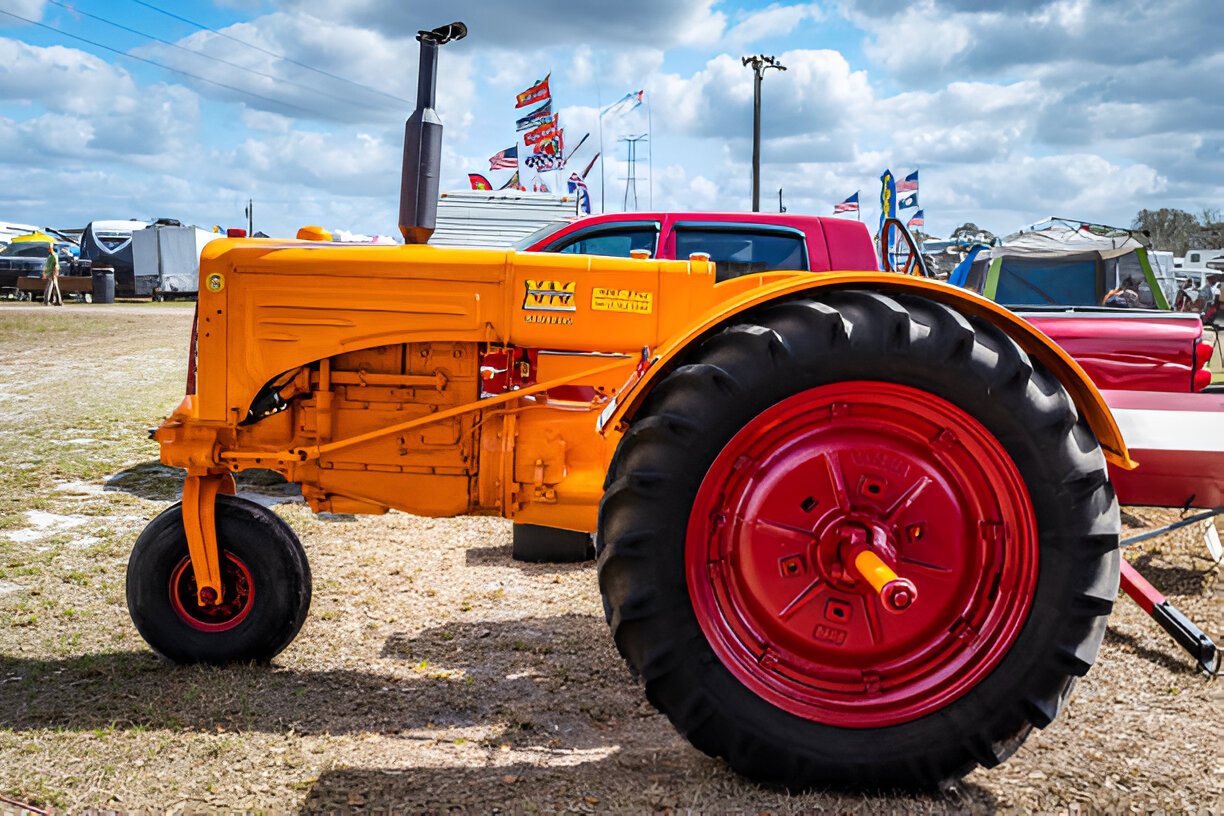Last Updated on August 3, 2025
Types of Tires- It’s Time to Buy the Best Tires for Your Vehicle
Navigating the tire market and selecting the right tires can be overwhelming for inexperienced buyers due to the wide range of options, codes, sizes, and designs available. At Tires Easy, we can help you navigate this wide selection of car tires. The first and most important step in the process is determining the type of tire you need. Understanding basic tire types will be beneficial in making a solid decision.
Here are the main things to keep in mind when buying tires:
- Climate: Choose a tire that suits your local weather conditions (e.g., summer, winter, or all-season).
- Driving Habits: Consider your typical driving style and the roads you frequently travel (e.g., highways, city streets, off-road).
- Vehicle Type: Choose a tire that complements your vehicle’s design and purpose (e.g., touring tires for sedans, all-terrain for SUVs).
- Performance Needs: If you prioritize speed, handling, or off-road capabilities, opt for specialized tires (e.g., performance, mud-terrain).
- Budget: Set a budget and look for a tire that best balances performance, durability, and cost.
Types of Car/SUV/Truck Tires
All-Season Tires
All-season tires are designed to balance performance in various weather conditions, including dry, wet, and light snow. They are best for: Drivers in regions with moderate climates where extreme weather is rare. It is ideal for daily driving and long-distance road trips.
Features:
- Tread patterns optimized for a variety of conditions.
- Long tread life.
- Moderate handling and braking performance.
Pros:
- Versatile for year-round use.
- Cost-effective and widely available.
Cons:
- Compromise on performance; not optimal for extreme weather conditions or high-performance driving.
Summer Tires
Summer tires are engineered for optimal performance in warm weather conditions, particularly on dry and wet roads. They are best for High-performance vehicles and drivers who prioritize handling and responsiveness.
Features:
- Shallow tread depth for maximum road contact.
- Rubber compounds that remain flexible at high temperatures.
- Enhanced grip and cornering abilities.
Pros:
- Superior traction and handling in warm conditions.
- Better braking performance compared to all-season tires.
Cons:
- Poor performance in cold temperatures and on snow/ice.
- Shorter tread life.
Winter Tires
Winter tires are designed for driving in cold, snowy, and icy conditions. They are best for: Drivers in regions with harsh winters or frequent snow and ice.
Features:
- Deep treads with numerous sipes for enhanced grip on snow and ice.
- Rubber compounds that stay flexible in freezing temperatures.
- Snowflake symbol indicating suitability for severe snow conditions.
Pros:
- Exceptional grip and safety in winter conditions.
- Improved braking on snow and ice compared to all-season and summer tires.
Cons:
- Increased road noise and reduced fuel efficiency.
- Rapid wear in warm weather.
All-Terrain Tires
All-terrain tires are designed for both on-road comfort and off-road capability, providing versatility for various driving surfaces. They are best for SUV and truck owners who drive on highways and off-road trails.
Features:
- Aggressive tread patterns with more extensive, deeper grooves.
- Reinforced sidewalls for puncture resistance.
- Suitable for gravel, dirt, mud, and some rock crawling.
Pros:
- Versatile for a mix of on- and off-road driving.
- Good durability and toughness.
Cons:
- Noisy on paved roads.
- It may compromise fuel efficiency and ride comfort.
Mud-Terrain Tires
Mud-terrain tires are built for extreme off-road conditions, particularly muddy, rocky, and challenging terrains. They are best for Off-road enthusiasts who drive in rugged, unpaved environments.
Features:
- Highly aggressive tread patterns with large lugs.
- It enhanced sidewall protection for navigating rough terrain.
- Self-cleaning tread design to expel mud and debris.
Pros:
- Unmatched off-road performance in mud and loose dirt.
- Superior durability and puncture resistance.
Cons:
- Poor on-road comfort and handling.
- Increased noise and reduced fuel efficiency on highways.
Performance Tires
Performance tires are focused on delivering superior handling, speed, and braking performance, particularly in dry and wet conditions. They are best for: Sports cars and performance-oriented vehicles.
Features:
- Soft rubber compounds for maximum grip.
- Asymmetrical or directional tread patterns for enhanced traction.
- Often lower profile for improved handling.
Pros:
- Exceptional cornering, braking, and acceleration.
- Precise steering response.
Cons:
- Shorter lifespan due to softer rubber.
- Poor performance in cold or snowy conditions.
Touring Tires
Touring tires are designed for long-distance comfort, a quiet ride, and durability. They are best for: Sedans, coupes, and minivans primarily used for highway and city driving.
Features:
- Symmetrical tread patterns for even wear.
- High mileage ratings and warranties.
- Quiet operation with comfort-focused tread design.
Pros:
- It was a smooth and quiet ride.
- Long tread life with balanced performance.
Cons:
- Not suitable for extreme performance or off-road driving.
- They may lack the grip and responsiveness of performance tires.
Run-Flat Tires
Run-flat tires allow continued driving for a limited distance after a puncture, eliminating the need for immediate roadside tire changes. They are best for: Vehicles without spare tires are typically found on luxury and performance vehicles.
Features:
- Reinforced sidewalls that support the vehicle’s weight even after air loss.
- After a puncture, limited speed and distance (usually 50 miles at 50 mph).
Pros:
- Enhanced safety by avoiding sudden tire changes in dangerous locations.
- The convenience of continuing to drive after a puncture.
Cons:
- Stiffer ride due to reinforced sidewalls.
- Higher cost and limited availability.
Eco-Friendly Tires
Eco-friendly tires are designed to reduce rolling resistance, improve fuel efficiency, and reduce CO2 emissions. They are best for Environmentally conscious drivers and those looking to save on fuel costs.
Features:
- Low rolling resistance tread compounds.
- Aerodynamic tread designs.
- They are often made with eco-friendly materials.
Pros:
- Improved fuel efficiency and reduced environmental impact.
- Lower CO2 emissions.
Cons:
- It may compromise traction and performance.
- Higher upfront cost.
Spare Tires
Spare tires are temporary replacement tires used to get the vehicle to a repair shop after a flat. They are best for Emergency use only.
Features:
- Compact design (space-saver) or full-size spare options.
- It has limited speed and distance capabilities.
- Lightweight for easy storage and handling.
Pros:
- Essential for emergencies.
- Space-saving design is found in most modern vehicles.
Cons:
- They are not intended for long-term use.
- Limited speed and distance after installation.
Conclusion
So there you have it – a comprehensive guide to all the available tire types! With this knowledge, you can make a more informed decision when choosing the right tires for your vehicle. Whether you’re in the market for all-terrain, performance, winter, or all-season tires, we’ve got you covered. Be sure to check out Tires Easy for great deals on all the tire types we’ve discussed. Stay tuned for our next blog post, where we’ll delve deeper into other important aspects of tire shopping.
-
Automotive Specialist
-
Proofreader
-
Writer





